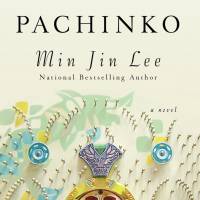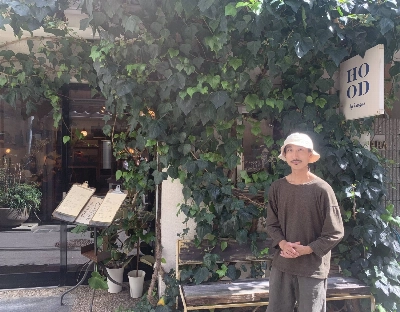Min Jin Lee's second novel, "Pachinko," charts the fortunes and misfortunes of four generations of a Korean family.
Pachinko, by Min Jin Lee.
490 pages
GRAND CENTRAL PUBLISHING, Fiction.
Beginning in Yeongdo in 1910 with the marriage of Hoonie and Yangjin against the backdrop of Japanese annexation of the peninsula, we follow their daughter, Sunja, to Osaka and wartime Japan. After the war, the focus shifts to Sunja's children, Noa and Mozasu, and finally to Mozasu's son, Solomon.
The emphasis is bleak: the suffering of Koreans under Japanese occupation, the persecution of foreign nationals and Christians and the ongoing discrimination against Zainichi Koreans. A particularly moving scene shows Solomon on his 20th birthday applying for a visa to stay in the country of his birth. The family does prosper over the decades, albeit in the only industry really open to them: pachinko.
Scenes of domestic drama are intertwined with discussions of political and social realities, and all points of relevant history are touched upon and examined through the experiences of a family member. In this way the novel is somewhat Dickensian, though the tight focus on the family keeps it from running into Victorian indulgence.
While the book is critical, it is fairly balanced overall. The philosophical heart of "Pachinko" resides in a line given to Solomon: "Sure there were assholes in Japan, but there were assholes everywhere." As an examination of immigration over generations, in its depth and empathy, "Pachinko" is peerless.


















With your current subscription plan you can comment on stories. However, before writing your first comment, please create a display name in the Profile section of your subscriber account page.